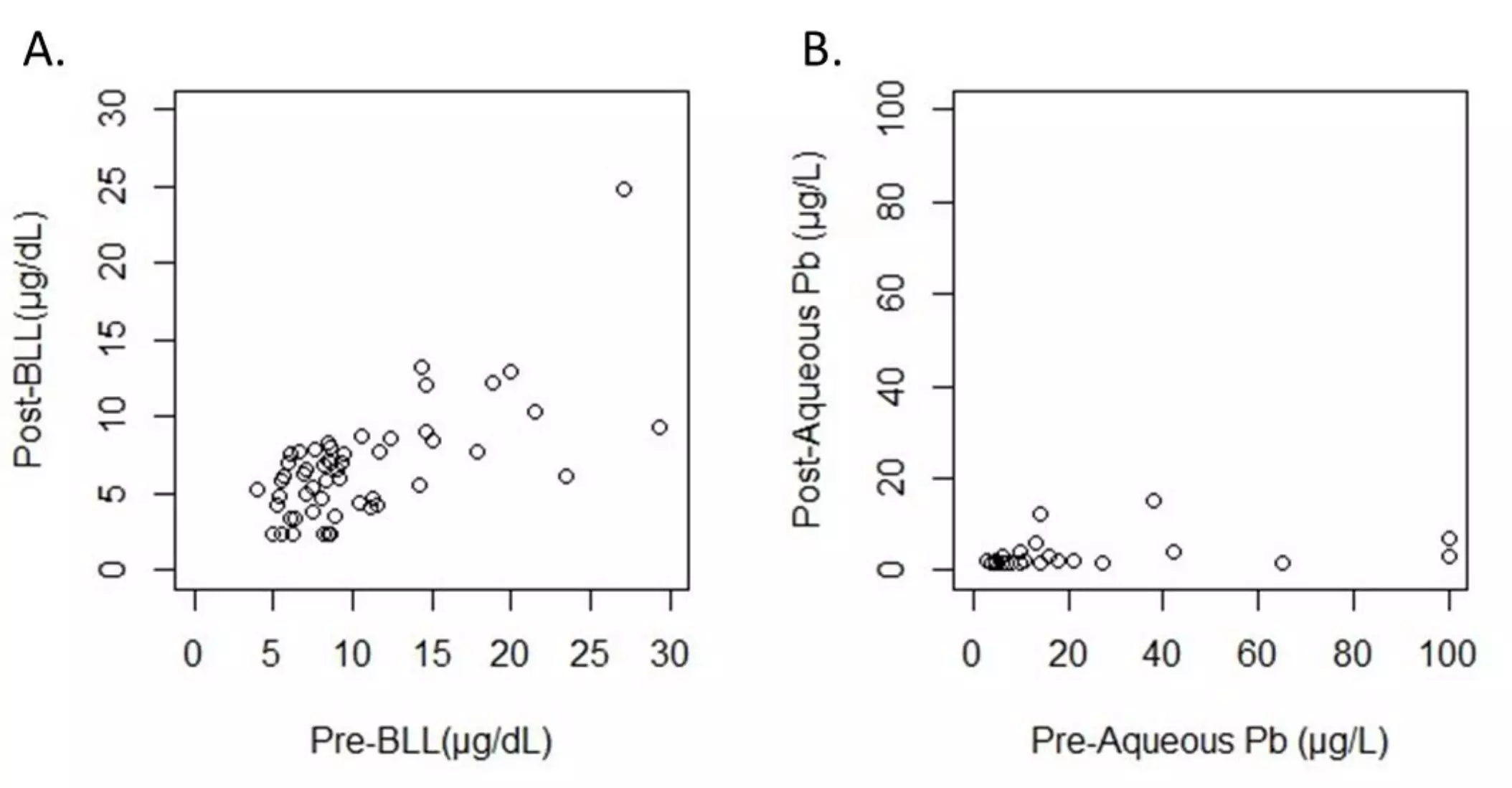Toamasina, Madagascar, like many other regions around the world, has been grappling with the detrimental effects of lead pollution. This major global environmental pollutant is responsible for over 1 million premature deaths annually. The University of South Florida (USF) has taken on the challenge of helping the residents of Toamasina reduce their exposure to lead through a combination of engineering solutions and public health education.
During a visit to Toamasina, USF researchers, led by James Mihelcic, professor and director of USF’s International Development Engineering Program, made a startling discovery. The team found that the locally manufactured pumps used in the city had alarmingly high levels of lead. These pumps, which supply water to more than three-quarters of the coastal area of Madagascar, were made using old car batteries, with the lead from these batteries contaminating the water.
Recognizing the urgency of the situation, Mihelcic and his team secured a small grant to replace lead components in 500 of the pumps. However, they knew that this would only address a fraction of the problem. Collaborating with Mahmooda Khaliq Pasha, a USF associate professor of public health and social marketing, they devised a more comprehensive plan.
Khaliq Pasha introduced the concept of social marketing to address the issue. Social marketing draws upon strategies from the commercial marketing world to bring about behavior change and improve health outcomes. By directly educating the technicians responsible for manufacturing and repairing the pumps, the team aimed to create a ripple effect that would impact a larger population.
To ensure the success of their intervention, Khaliq Pasha and the team worked closely with local staff to build the technicians’ skills and capacity. They oversaw and facilitated the work on the pumps, ensuring that the technicians understood how to remove and replace the leaded components. Their approach focused on empowering the local community to take ownership of the solution.
To measure the effectiveness of their intervention, the team collaborated with local health practitioners to test the blood lead levels of children who had consumed water from the pumps before and after the leaded components were replaced. The results were encouraging. Out of the 55 children tested, 87 percent showed a significant decrease in blood lead levels after the intervention. This demonstrated the potential impact of addressing lead pollution at its source.
The success of this initiative in Toamasina highlights the need for greater consideration of lead contamination in drinking and cooking water, especially in low- and middle-income countries. The lack of regulations and understanding of the harmful effects of lead, coupled with other factors such as improper nutrition, magnify the risk for children living in these regions.
This study not only sheds light on the environmental and engineering aspects of lead pollution but also highlights the importance of social and public health factors. By collaborating across disciplines, the University of South Florida team has not only taken steps towards mitigating lead pollution in Toamasina but has also demonstrated the role of education and community empowerment in tackling global health challenges.
The fight against lead pollution in Toamasina, Madagascar, showcases the power of interdisciplinary collaboration and the potential for innovative solutions to address pressing environmental and public health issues. By combining engineering expertise with public health strategies, the University of South Florida has made significant progress towards reducing lead exposure and improving the well-being of the local community. This initiative serves as an inspiration for further research and interventions aimed at combating lead pollution on a global scale.


Leave a Reply